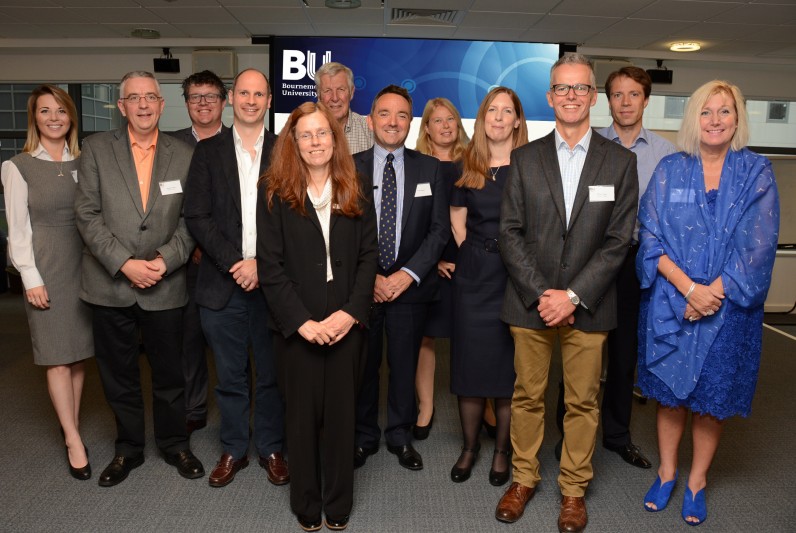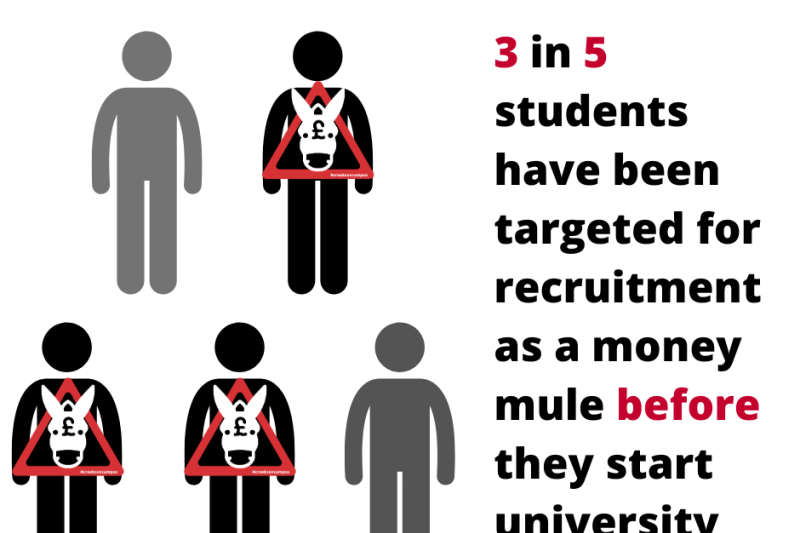Led by Professor Sine McDougall and the Bournemouth Adverse Events Team at Bournemouth University (BU), Helping surgeons when things go wrong, saw speakers from Royal Bournemouth Hospital, NHS Practitioner Health Programme, National Human Quality Board Human Factors Group, and the University of Manchester.

Focusing on the health, wellbeing and trauma experienced first-hand by surgeons; the event also looked at how surgeons and medical staff, including midwives, nurses and GP’s, should build resilience to these situations.
Speaking about the support for doctor’s mental health at the event, Lucy Warner, Chief Executive of the NHS Practitioner Health Programme, said: “This event is an opportunity to talk about what it means when a doctor is ill and what support is available, and the very fact that it is okay to be ill.
“I’ve been talking about ill health in doctors, particularly some of the personality traits in surgeons that perhaps make them more vulnerable to illness, but also protect them somewhat and mean that they don’t always come forward when suffering with ill health.
“I think illness in doctors is on the rise, and throughout the medical profession, there is a real issue with accessing help. It’s a small community where people know each other, so the very idea of a GP or psychiatrist going to their own GP or psychiatrist raises issues around confidentiality, stigma and the impact on career – doctors are very reluctant to seek help.
Professor Sine McDougall, who led the conference, said: “Today is about trying to think about what we can do to help surgeons when things go wrong in surgery. When things do go wrong, the focus is on patients and their family, which should be the case. However, we also
need to support the surgeons who also find it difficult when things go wrong. People do not become surgeons to cause harm to people – they do the exact opposite.
“So if you have a surgeon who is experiencing an adverse event which has had a real effect on a patient and their families, so they are having to deal with them as they should, but they are also having to deal with their own feelings. Sometimes, surgeons may not have made a mistake but blame still comes their way - this raises questions about the nature of blame.”
Matters discussed included the restoration after adverse events, dealing with stress, and a first-hand account by Mr Neil Burgess.
Speakers included: Professor Sir Miles Irving, Mr Kevin Turner, Professor Debbie Cohen, Dr Suzanne Shale, and Messrs Oliver Pearce and James Pegrum, before a closing discussion led by Dr Helen Bolderston and Professor Jane Reid.



